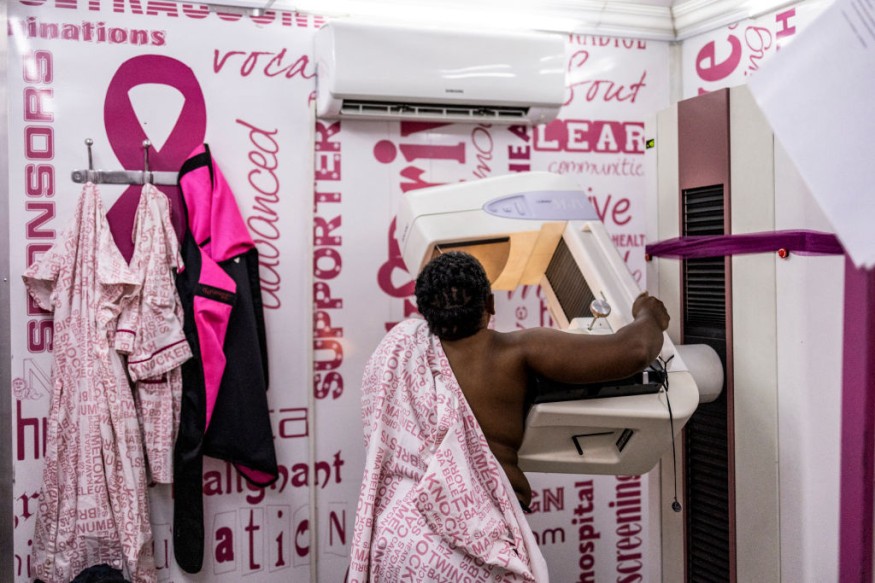
Scientists have developed an innovative robotic "finger" that could revolutionize breast cancer detection. This advanced device features ultra-sensitive capabilities that allow it to detect abnormal lumps and measure a patient's pulse.
With the potential for earlier disease detection when treatments are most effective, this technology aims to improve the way medical examinations are conducted, making them more comfortable for patients.
New Robotic Finger Tech Offers Hope for Enhanced Breast Cancer Detection
The robotic finger, created by a team from the University of Science and Technology of China, is unlike any existing device. It has a sophisticated sense of touch that can feel the softness or firmness of an object, comparable to human touch.
This is a significant step forward in medical technology, as current rigid robotic fingers may not be suitable for the delicate tasks required during medical examinations.
The new device incorporates conductive fibre coils and a twisted liquid metal fibre at the fingertip. This unique design enables the finger to sense the characteristics of various objects.
In tests, it successfully detected a feather touching its fingertip and identified three distinct lumps embedded in a large silicone sheet. Moreover, a robotic arm equipped with this finger was able to accurately locate an artery on a participant's wrist and measure their pulse, according to Perth Now.
The Promise of Robotic Examination Technology
One of the most important goals of this technology is to make patients feel more comfortable during examinations. Many individuals find traditional physical exams uncomfortable and invasive.
The soft touch of this robotic finger could help alleviate some of that anxiety, leading to a more pleasant experience for patients. The researchers believe that by creating a gentler approach to examinations, patients may be more willing to undergo regular screenings.
Despite the promising features of this robotic finger, there are concerns regarding its safety. Experts worry that if the device is too aggressive, it could accidentally rupture lumps during examinations, which could lead to complications, according to MailOnline.
To address these concerns, the team has designed the finger with features that allow it to operate delicately. Each air chamber of the device's bending actuators is equipped with a coil that assists in its movement. This design aims to ensure that the robotic finger applies just the right amount of pressure when examining patients.
Automated robotic examinations could be particularly beneficial in underdeveloped regions, where there is often a lack of healthcare professionals. This advancement could provide essential medical services to those who need them most.
© 2025 ScienceTimes.com All rights reserved. Do not reproduce without permission. The window to the world of Science Times.












